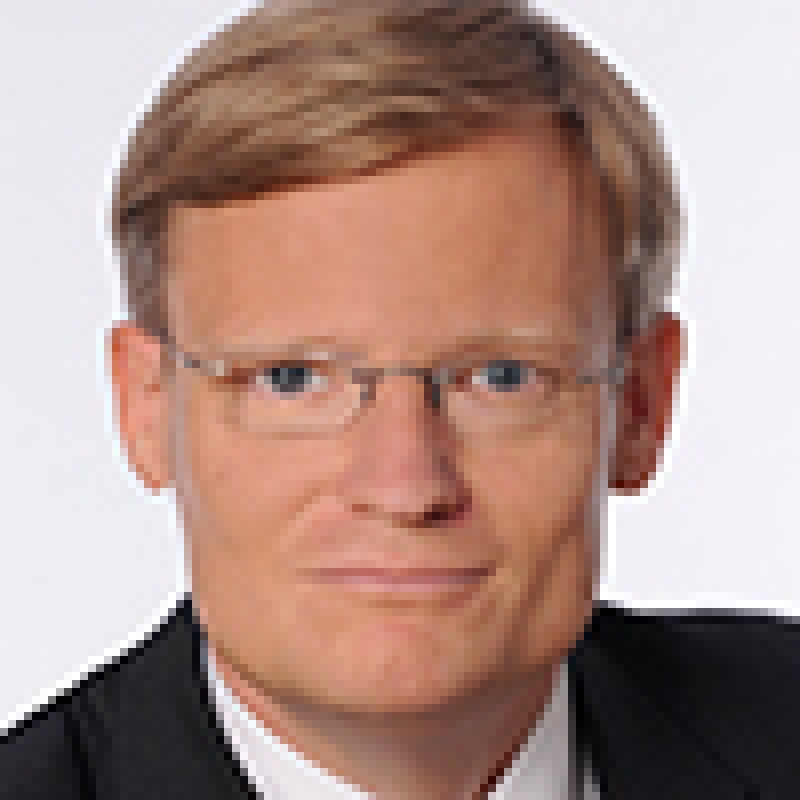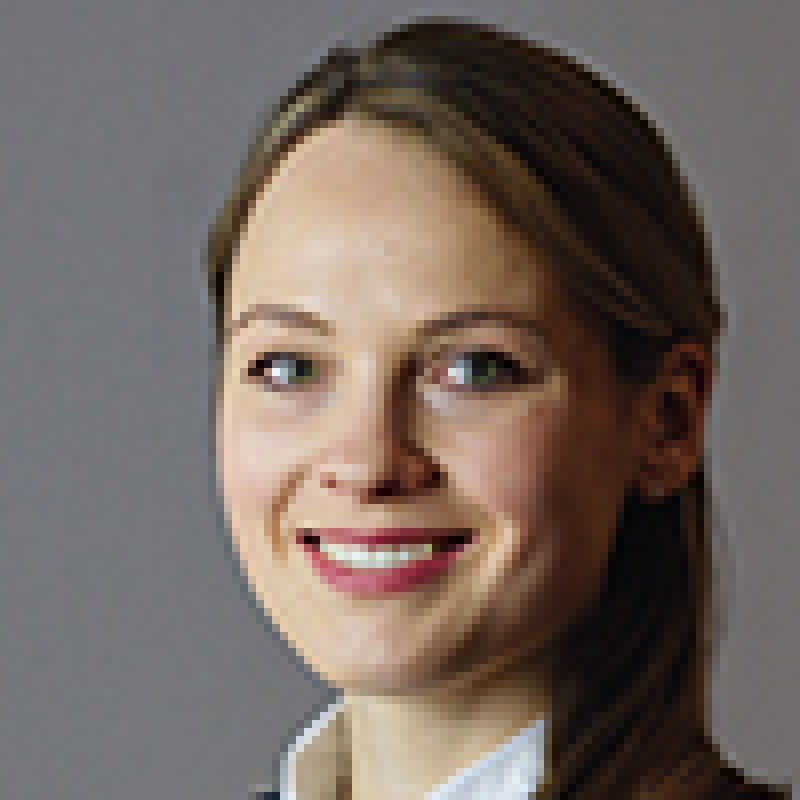The most recent decision of the Düsseldorf Appeal Court of January 9 2019 (Case No. I-2 U 27/18) in the legal dispute concerning the active substance fulvestrant contributes to solidifying the new liability requirement of "sufficient scope of use". This was formulated by the court for the first time in the Östrogenblocker decision of May 5 2017 (Case No. I-2 W 6/17). Subject to the proceedings was European patent EP1272195B1, which protects the use of fulvestrant in the preparation of a medicament for the treatment of a patient with breast cancer who was previously treated with an aromatase inhibitor and tamoxifen and where such previous treatment failed.
The appeal court upheld the Regional Court's decision (Case No: 4c O 46/17) which was in effect that a sufficient scope of use could not be proven by the patentee. In this context, the court formulated a two-step programme: firstly, it is a matter for the court to decide that there has been patent-compliant use to a sufficient extent and, secondly, that the generic company could not have been completely unaware of this fact. The probability of such a judicial finding being made increases with the number of patent-compliant use cases that have demonstrably occurred.
Further, the court stated that there could be particular outstanding benefits of the patented use compared to other therapeutic purposes which invite use of the preparation in accordance with the patent. Despite this jurisprudence in Germany, which, in a patentee-friendly manner, has come to a wide interpretation of the scope of protection of second medical use patents, the Düsseldorf Appeal Court has shown that the requirements for demonstrating these liability criteria can be stringent. But at least it is clear that a skinny label is no longer sufficient to avoid liability.
However, patent owners have an even harder time before the English courts. In the Warner-Lambert case concerning the drug pregabalin, the UK Supreme Court made clear in its decision of November 14 2018 (Case No. [2018] UKSC 56) that there is no liability on the part of the manufacturer based on foreseeability of the patented use. Especially Lord Sumption and Lord Reed recommended a new test, termed "outward presentation". According to this test, the only decisive factor for liability is how the product is presented after its manufacture. This is comparable with the German requirement of "manifest arrangement" ("sinnfällige Herrichtung"). Even if the Supreme Court addressed the question of infringement only in the context of an obiter dictum, it is now obvious that the UK court does not intend to follow Germany's patentee-friendly jurisprudential line.

|

|
Marco Stief |
Ulrike Zorr |
Maiwald Patentanwalts- und Rechtsanwaltsgesellschaft mbH
Elisenhof, Elisenstr 3D-80335, Munich, GermanyTel: +49 89 74 72 660 Fax: +49 89 77 64 24info@maiwald.euwww.maiwald.eu










